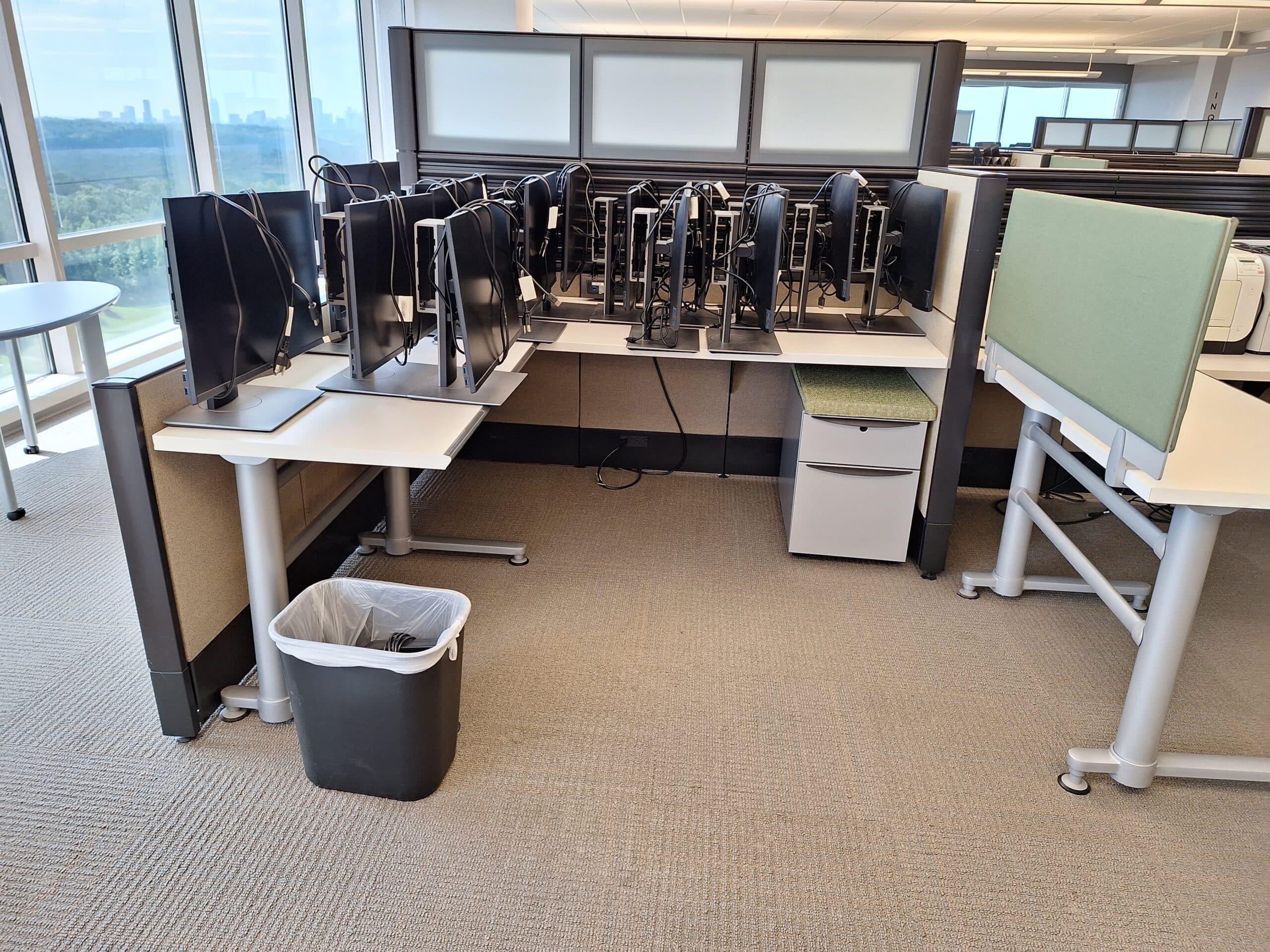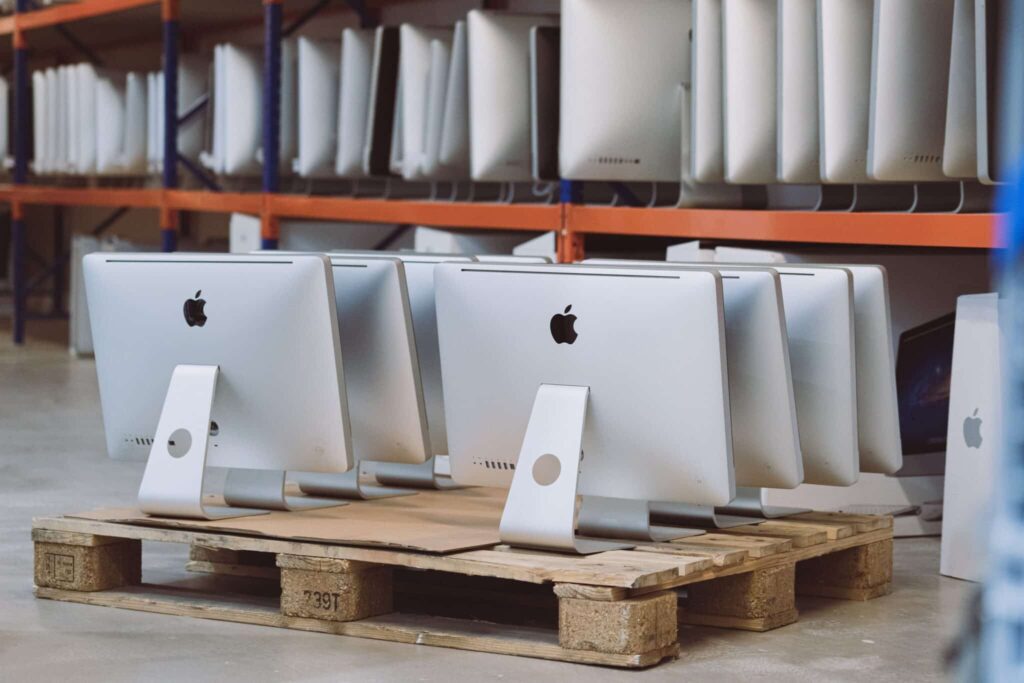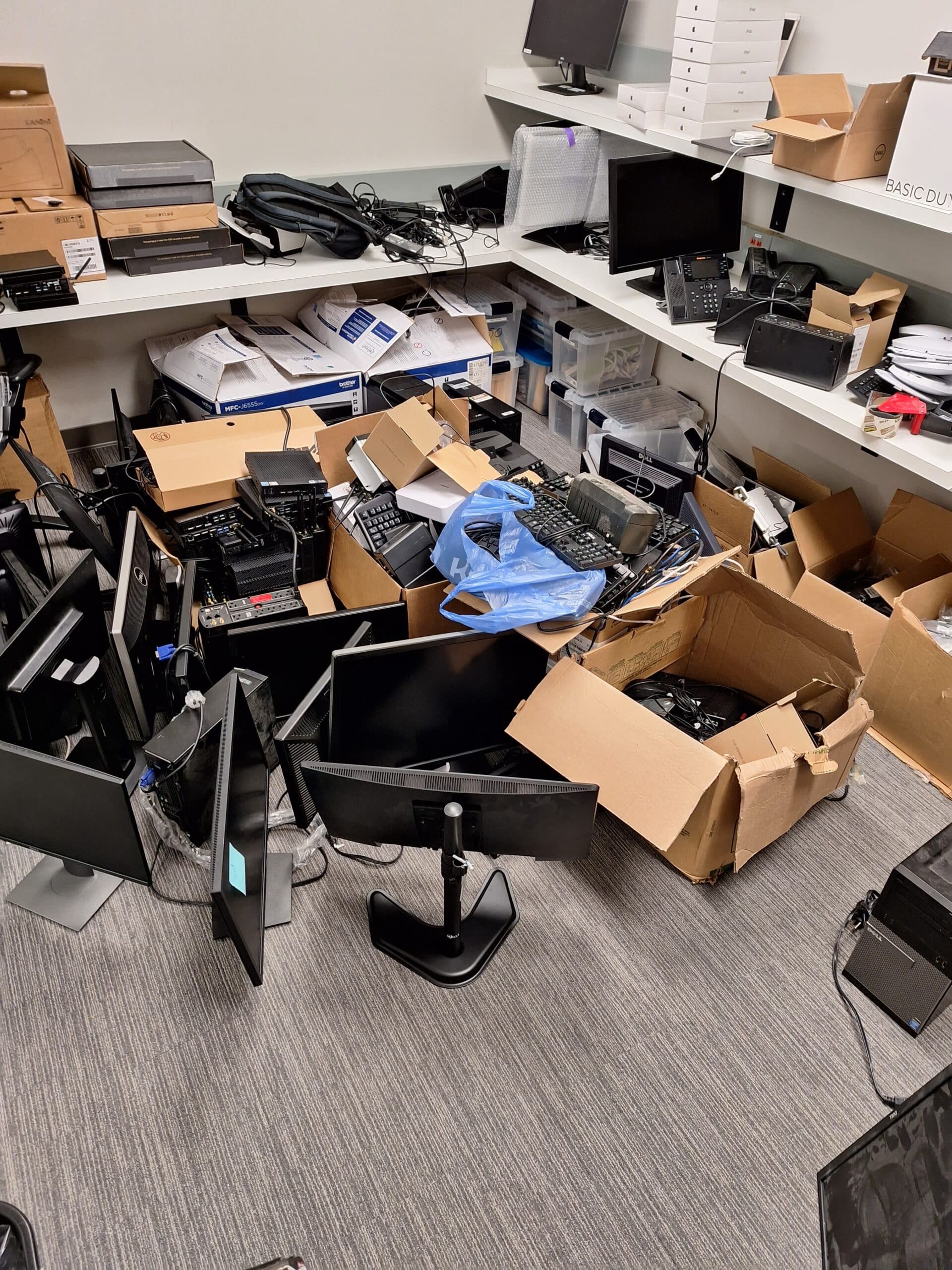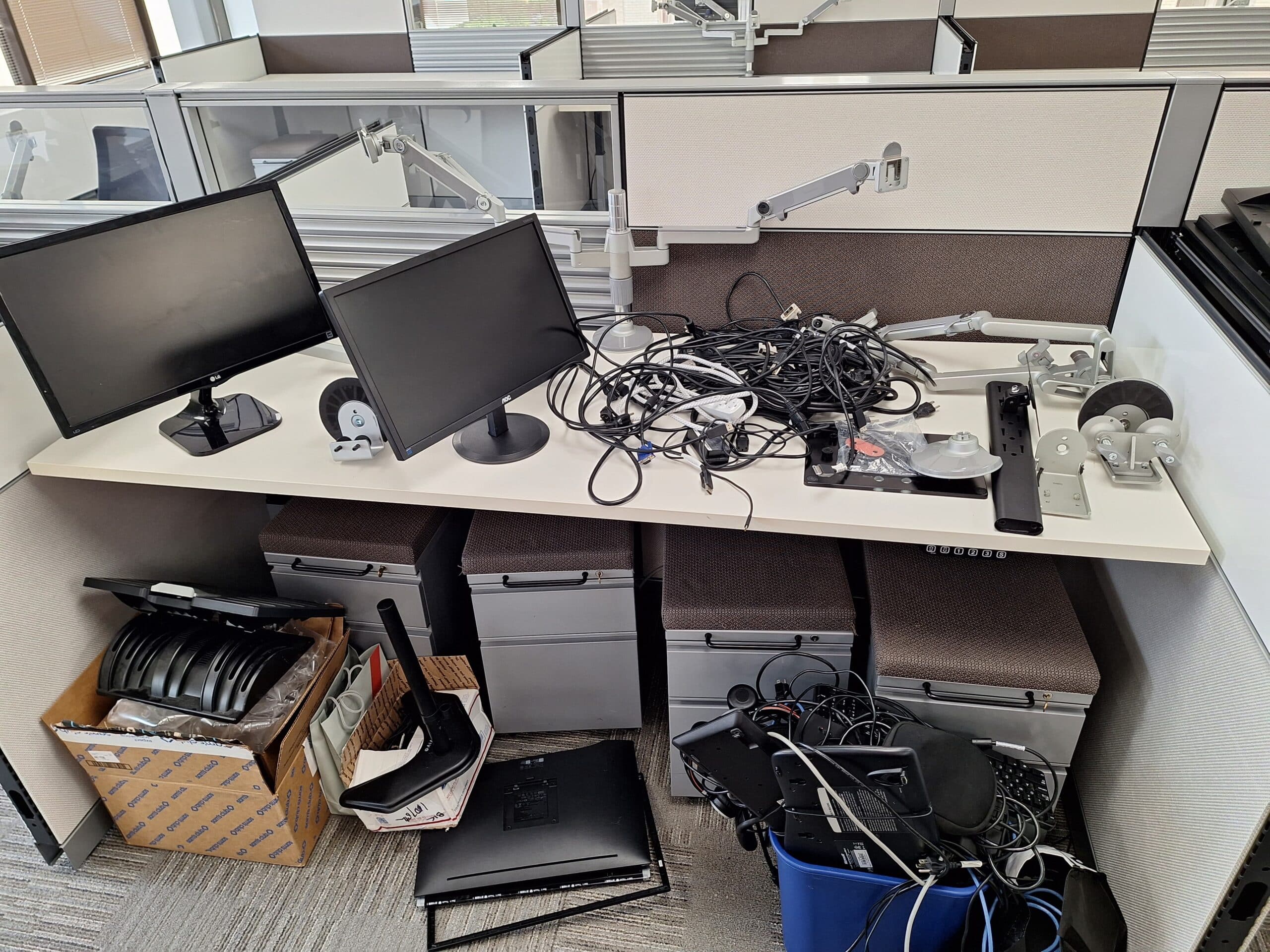A Step-by-Step Guide to Recycle Electronics Responsibly
If you’re in the market for new electronic devices, it’s important to consider how you’ll responsibly get rid of your existing ones. While gaining access to the latest technology can be exciting, recycling old electronics is essential for preserving our environment and keeping us safe from hazardous air pollutants. In this blog post, we’ll provide a comprehensive guide on how to recycle electronics responsibly, so that you can easily and confidently make the switch. From choosing an appropriate dumping method to understanding what items are accepted at e-waste centers—we want to ensure that disposing of your old gadgets leads to absolutely zero guilt or environmental damage.

Identify the different types of electronics that can be recycled
Electronic devices have become an integral part of modern life, and as technology advances, more and more of these devices find their way into landfills, harming the environment. Fortunately, electronic waste can be recycled, reducing its impact on the planet. There are several types of electronics that can be recycled, including cell phones, computers, televisions, printers, and small household appliances. Recycling these items not only protects the environment but also conserves valuable resources used in their production. As a responsible society, it is essential to recycle electronic devices to ensure a sustainable future.
Determine what components should be disposed of separately
It’s important to properly dispose of electronic components in order to protect the environment and avoid any potential hazards. When it comes to determining what components should be disposed of separately, it’s crucial to consider the materials that make up each component. For example, electronic devices containing batteries or mercury switches should be disposed of separately from other electronic devices due to the hazardous materials they contain. Additionally, plastic components and metal components should also be separated from each other in order to ensure they are properly recycled.

Choose an appropriate and approved recycling facility to dispose of your electronics
When it comes to responsibly disposing of electronics, it’s crucial to choose an appropriate and approved recycling facility. Not only is it better for the environment, but it can also prevent any potentially harmful materials from ending up in landfills. As a professional, it’s important to do your due diligence in researching the different options available and selecting one that meets your specific needs. Look for a facility that has the necessary certifications, such as Beyond Surplus, and has a track record of properly handling electronic waste.
Gather all needed materials including gloves, masks, and a container for transporting the electronics
When it comes to safely transporting electronics, you can never be too careful. That’s why gathering all the necessary materials beforehand is crucial. Along with gloves and masks to protect your hands and face, it’s important to have a designated container to ensure the electronic items are secured during transport. By taking these precautions, you can rest easy knowing that both you and the electronics are well protected.

Prepare your electronics by wiping down surfaces to remove dust, dirt, and other debris
If you’re looking to extend the lifespan of your electronics, then it’s crucial to keep them clean and free of dust, dirt, and other debris. While we often think about cleaning the inside components, it’s just as important to wipe down the exterior surfaces, such as the screen, keyboard, and casing. Not only will this help prevent scratches and wear and tear, but it also keeps germs at bay. Investing just a few minutes in wiping down your electronics can go a long way in maintaining their overall functionality and appearance.
Sort through parts and components before disposing them in proper bins at the recycling facility
As we work towards a more sustainable future, it’s important that we take responsibility for properly disposing of our excess materials. At recycling facilities, one important step is to sort through the parts and components before placing them in the appropriate bins. This ensures that the materials can be recycled in the most efficient way possible, and reduces the amount of waste that ultimately ends up in landfills. The process may seem tedious, but it plays a crucial role in preserving our environment for future generations.
Recycling your electronics is a great way to reduce waste and help maintain our environment. Taking care of these items incorrectly can create damage not only to ourselves but also the planet. Therefore, proper preparation and safety precautions are key steps in providing a legit solution that will have a positive impact on our ecosystem. Not only do we have an obligation to ourselves but also those around us and future generations who will benefit from our current efforts.

Beyond Surplus, Electronics Recycling, IT Equipment Disposal & Data Destruction
https://www.google.com/maps?cid=14474660673037836871
1835 S Cobb Industrial Blvd SE #105, Smyrna, GA 30082
(404) 334-9789
https://www.beyondsurplus.com/


